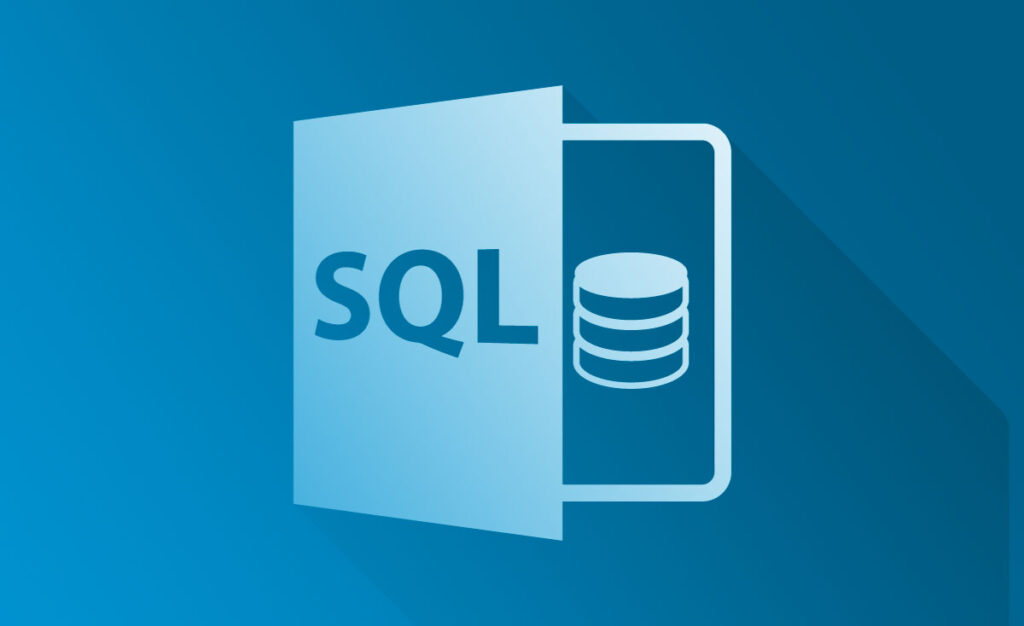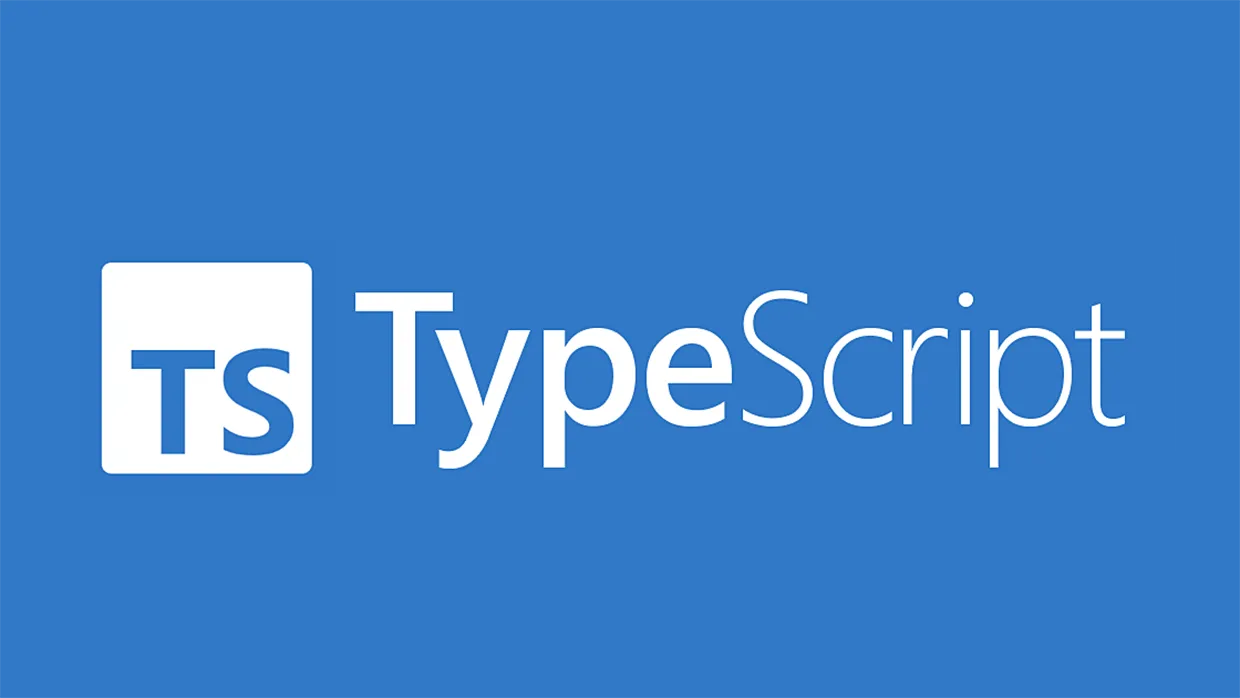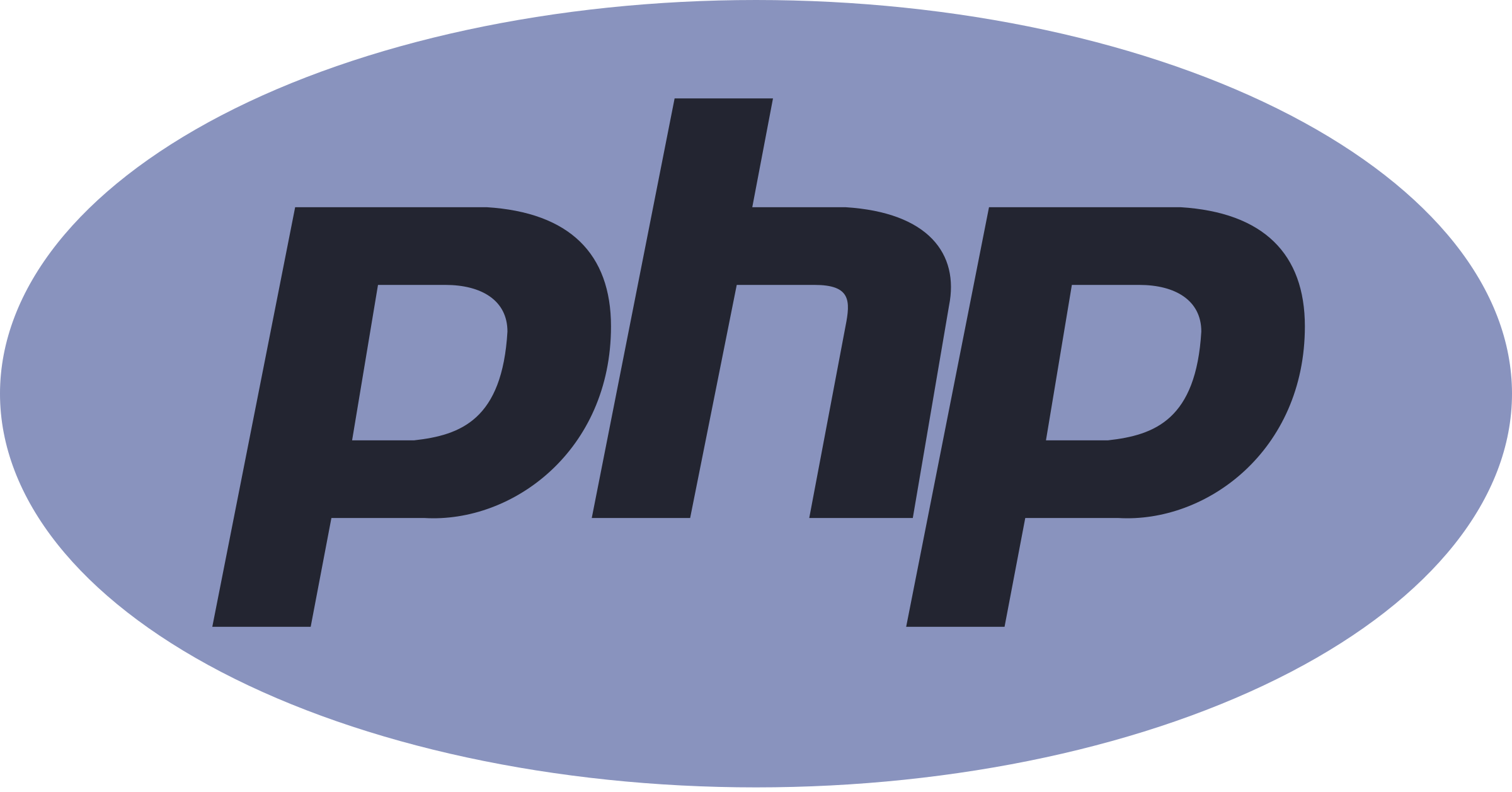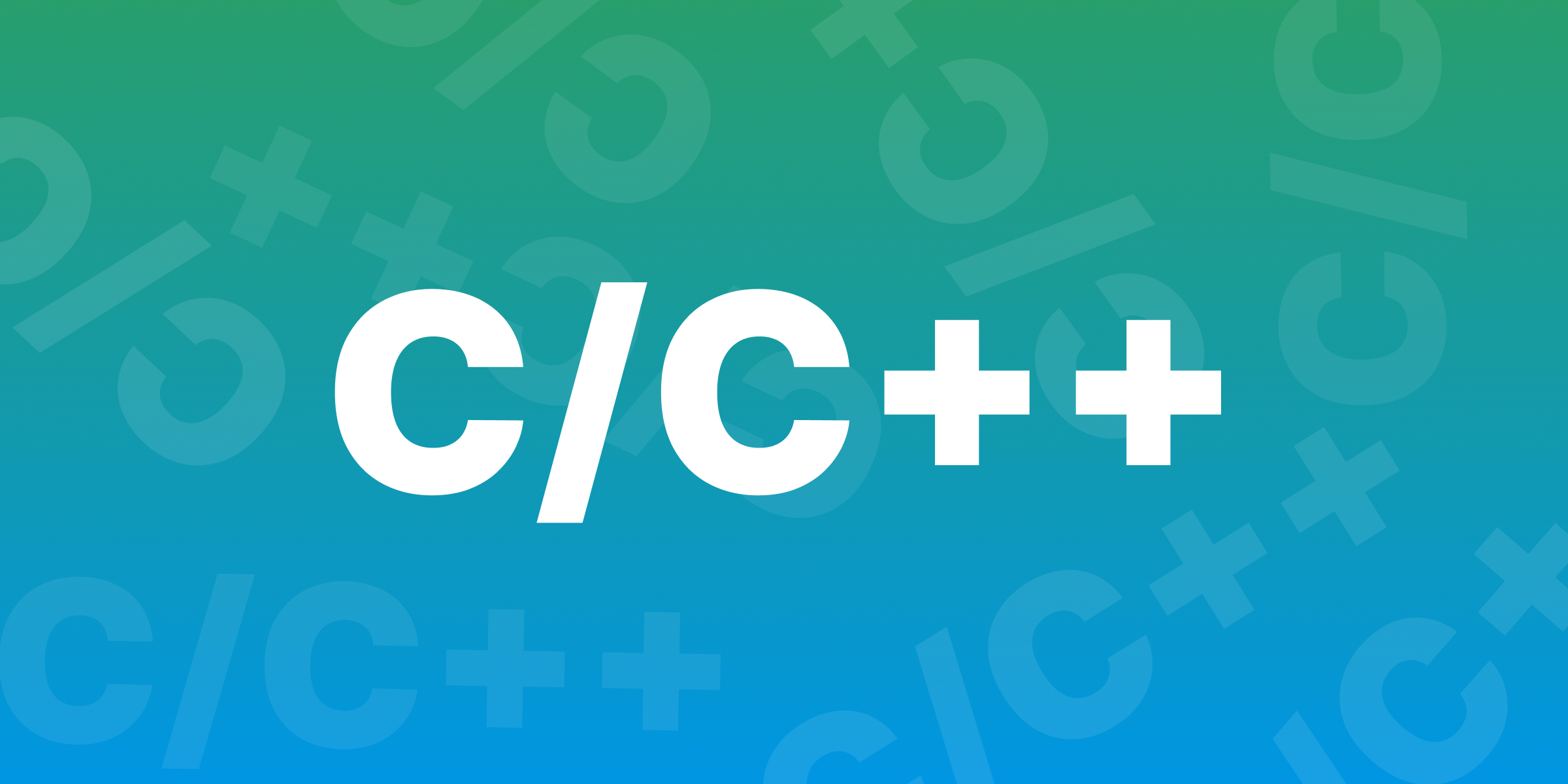Data analyst jobs programming language skills are in high demand right now. If you’re thinking about becoming a data analyst, you need to know which programming languages are most important. Learning the right language will help you stand out to employers and make your work easier.
Data analyst jobs programming language skills can vary depending on the company or industry you work in. Some businesses prefer Python, while others might use SQL or R. In this post, we will talk about the most popular programming languages for data analysts and why they are important for your career.
Why Programming Languages Matter for Data Analyst Jobs
Programming languages are very important for data analyst jobs. They help data analysts process, analyze, and interpret data more quickly. Without programming knowledge, it would take much longer to work with large datasets. Employers also look for people who can handle data efficiently.
For anyone wanting a data analyst job, programming languages can give you an edge. Knowing how to code means you can automate tasks, create reports, and make data visualizations faster. It also allows you to solve complex problems that come up when handling big data.
Additionally, the right programming language makes your work easier. Some languages are better suited for data analysis than others. Picking the right one for your tasks will save you time and help you impress your employer.

Top Programming Languages for Data Analysts in 2024
There are several programming languages that data analysts need to know in 2024. The most popular ones include Python, SQL, and R. These are used by companies worldwide and are vital for data work.
- Python: Known for its ease of use and flexibility, Python is widely used for data analysis.
- SQL: SQL helps data analysts manage and organize data stored in databases.
- R: This language is perfect for statistical analysis and working with large datasets.
Each of these languages has its strengths, so it’s smart to learn at least two of them. Employers like to see that data analysts can handle different tools depending on the project.
Python: A Must-Have Skill for Data Analyst Jobs
Python is one of the best programming languages for data analysts. It’s simple, powerful, and has many libraries that make data analysis easy. Python helps you handle tasks like cleaning data, creating graphs, and making predictions.
Many data analyst jobs require Python because it’s so versatile. Whether you’re working in finance, marketing, or tech, Python can help you solve problems and work faster. It can also automate tasks, freeing up more time for deep analysis.
By learning Python, you are preparing yourself for almost any data analyst role. It’s a must-have skill in today’s job market. Plus, it’s easy to learn, even if you’re new to programming.
SQL: The Backbone of Data Analyst Jobs Programming
SQL (Structured Query Language) is a core skill for any data analyst. It allows you to communicate with databases and retrieve the data you need. Most companies store their data in databases, so knowing SQL is crucial.
SQL is used to query databases, meaning you can ask specific questions to get precise data. This makes SQL perfect for reporting and analyzing big data sets. Without SQL, managing and organizing data would be much harder.
Almost every data analyst job listing includes SQL as a required skill. Learning SQL opens up many opportunities and makes your work more efficient. It’s the backbone of data management in most companies.

How Learning Multiple Programming Languages Boosts Your Career
Knowing more than one programming language can greatly boost your career as a data analyst. While Python and SQL are the most common, learning other languages like R or SAS can set you apart from the competition. This shows employers that you can adapt to different tasks.
Each programming language has its strengths. For example, Python is great for general analysis, while R excels in statistical work. By mastering more than one language, you can handle a wide range of tasks, making you more valuable to employers.
Furthermore, being skilled in multiple programming languages prepares you for future job trends. As the data industry evolves, so will the tools you use. Having a diverse skill set will keep you ahead of the curve.
• R vs. Python: Which Should You Choose?
- R: Great for statistical tasks and deep data analysis.
- Python: Better for general data tasks and automation.
• SAS or Other Niche Languages: Worth Learning?
- SAS: Used in specific industries like healthcare or finance.
- Julia: Gaining popularity for high-performance computing tasks.
The Future of Data Analyst Jobs Programming Language Trends
The future of data analyst jobs programming language trends is exciting. As technology advances, new tools and languages will become more popular. Staying up-to-date with these changes will help you stay competitive in your career.
Right now, Python, SQL, and R are leading the way, but this could change in the coming years. Languages like Julia and Scala are gaining traction, especially in industries that require high-performance computing. Learning these newer languages might give you an edge in specific job markets.
To stay ahead, it’s important to keep learning. The more languages you know, the better prepared you’ll be for the future. Companies want data analysts who can adapt to new tools and technologies as they emerge.
• Emerging Languages to Watch
- Julia: Fast and great for complex calculations.
- Scala: Useful for working with big data in distributed environments.
Conclusion
Data analyst jobs programming language skills are essential for anyone looking to succeed in this field. Learning popular languages like Python, SQL, and R can help you work faster, solve complex problems, and impress employers. Each language has its own advantages, so it’s smart to learn more than one to stay competitive.
As technology changes, new programming languages may rise in popularity, so it’s important to keep learning. By expanding your programming skills, you’ll not only boost your career but also be ready for any future trends in the data analyst field. Keep learning, stay curious, and you’ll have a bright future ahead!










